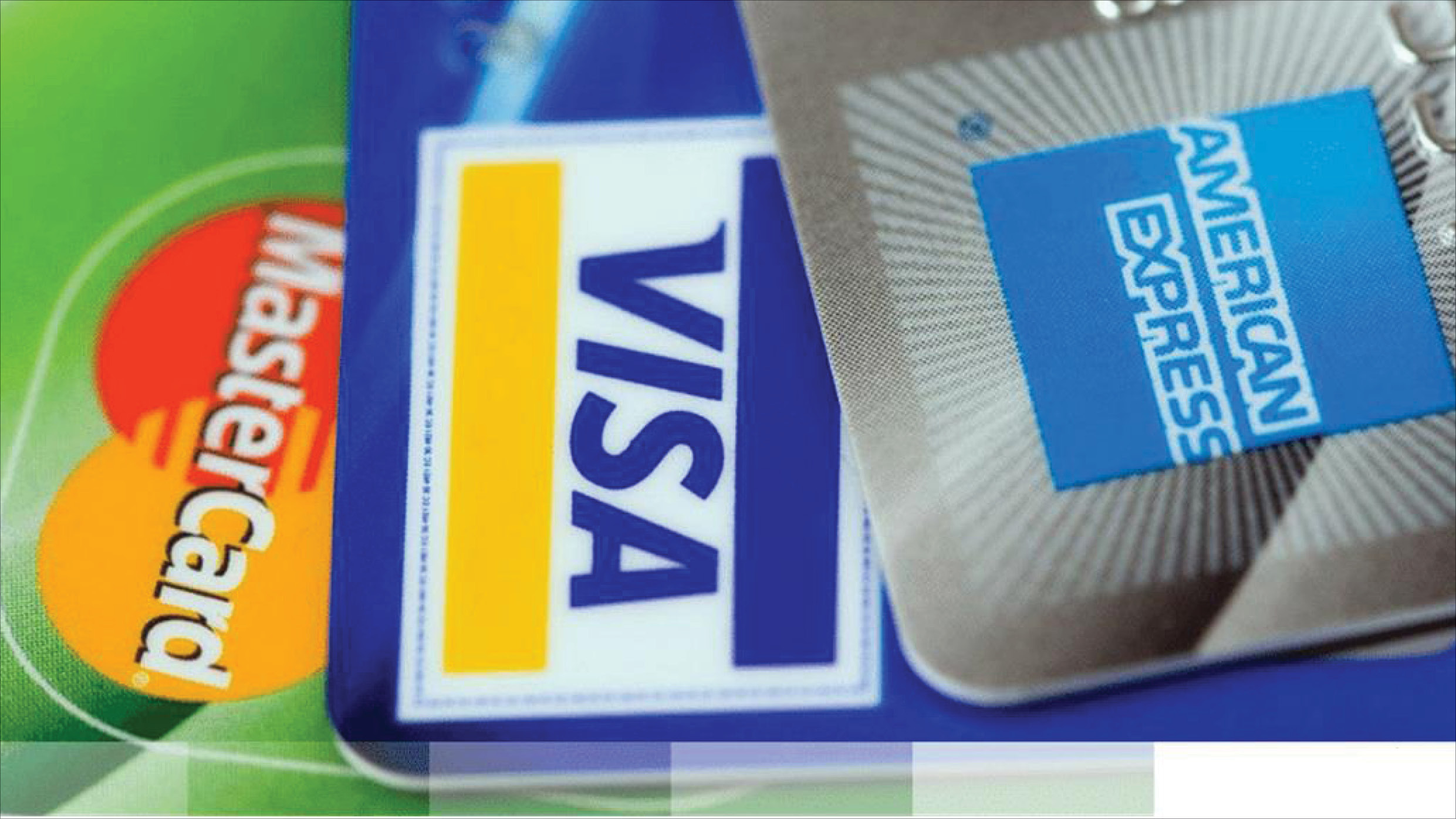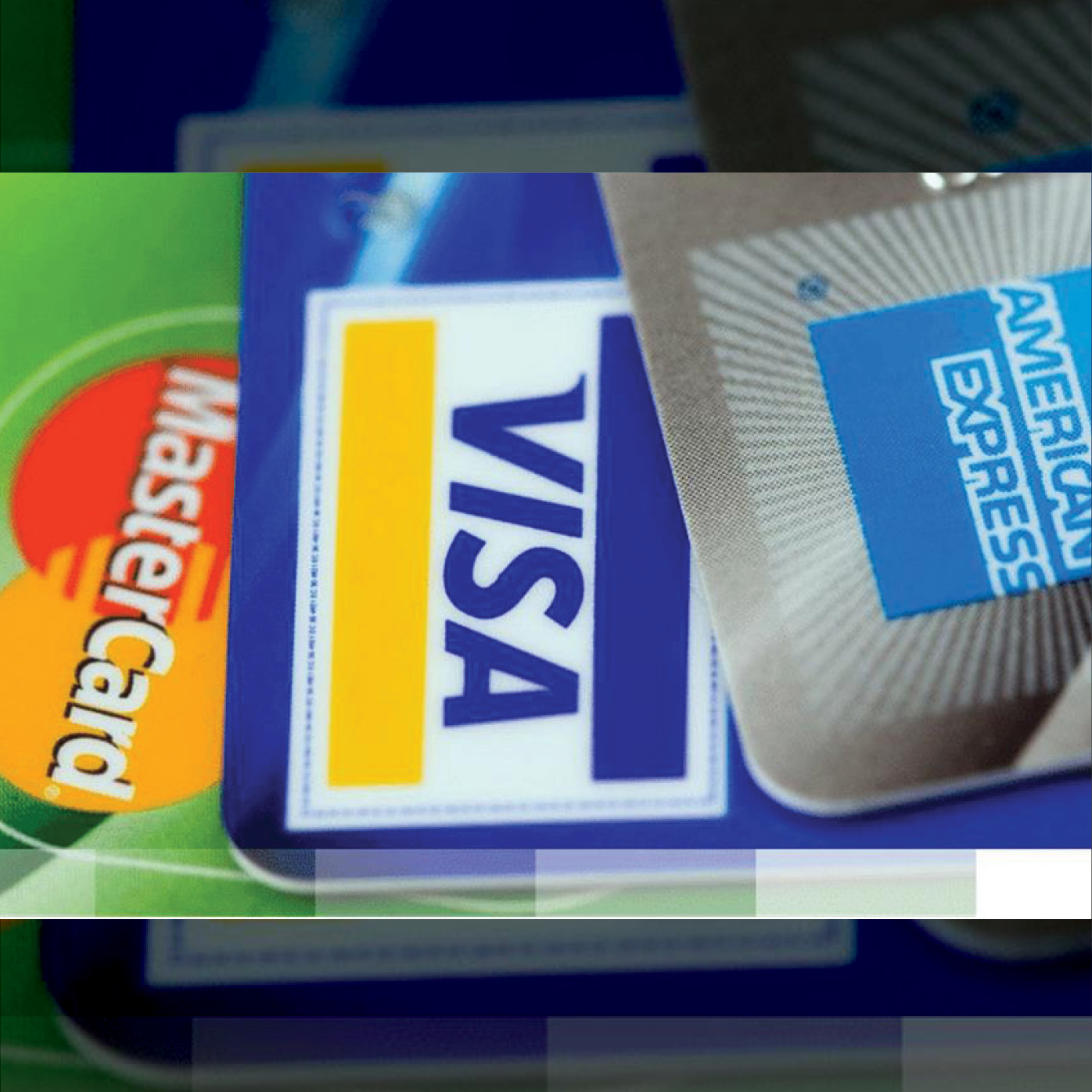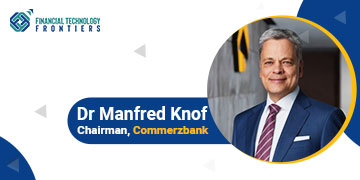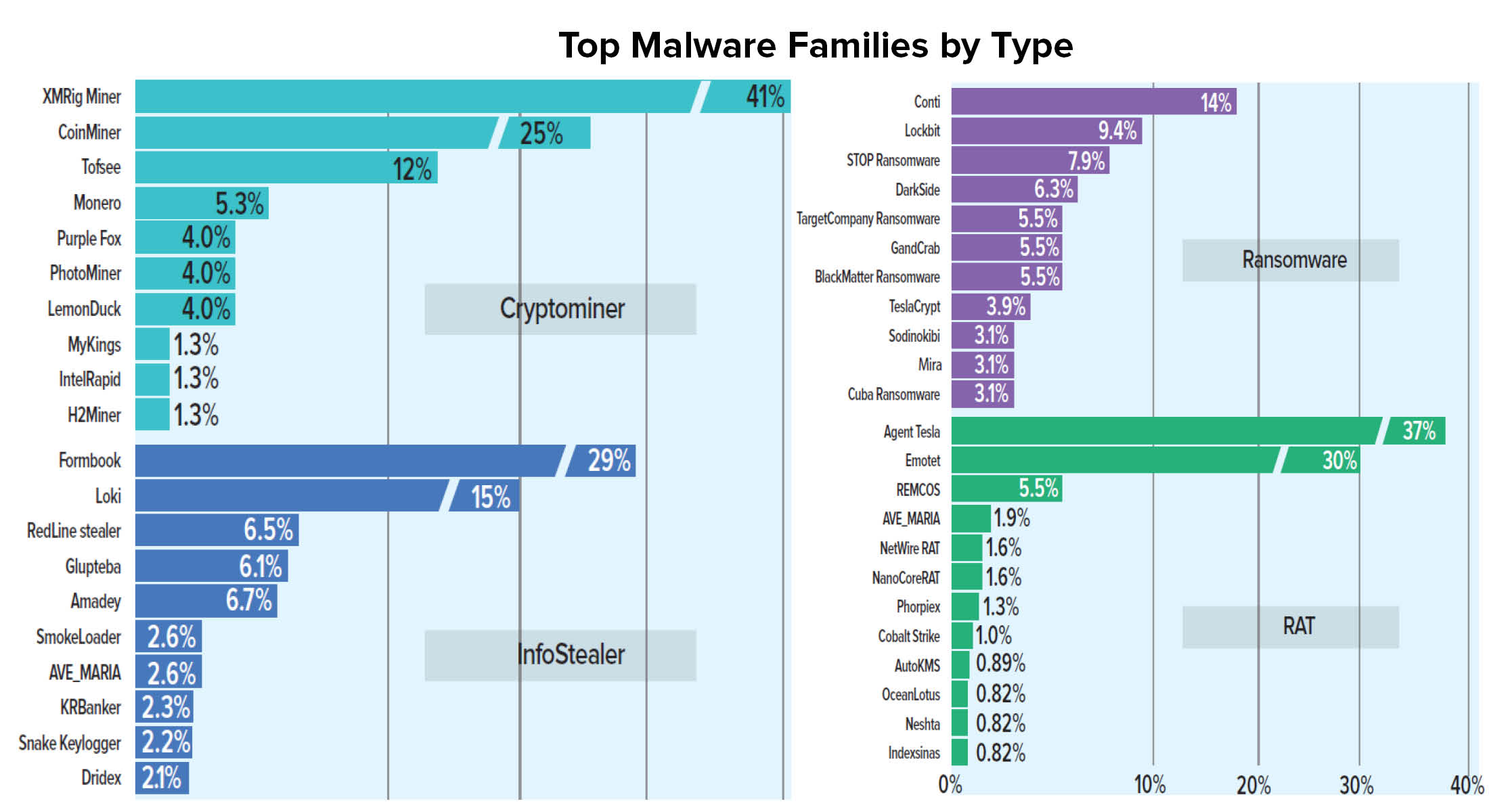Credit Card-as-a-Service will enable every business to issue a card of its own:

The credit card model – the traditional way of banks or financial services institutions issuing credit cards, sometimes in collaboration with brands and retailers – has transitioned in recent years whereby businesses and brands are now issuing cards – virtual, prepaid or debit – under a concept known as Credit Card-as-a-Service, or CCaaS. With technology maturing and communication infrastructure at its optimum level, brands and businesses that want to issue credit cards are now able to launch a card program in a matter of weeks with Visa or Mastercard identification and with the branding of the businesses prominently displayed. Commercial and consumer credit cards can be issued under CCaaS, often using APIs that facilitate the issuance.
KEY PLAYERS
One of the top companies that offer CCaaS is Toronto-based Brim Financial. The company has credit card platforms that are offered as a service. It is an end-to-end solution, using which a business or an organization starts issuing its own branded credit card. The company has an alliance partnership with Mastercard, which allows it to use Mastercard’s digital conveniences on the platform. Businesses can commission the platform and launch credit card services in weeks suiting their customer needs. Mastercard is in fact promoting the Brim platform and its executives have said Mastercard will want ‘to empower these community and regional institutions to have an outsized impact on their communities while helping larger banks innovate with speed’.
Similarly in the US, the First National Bank has an offering called Bend, which is a CCaaS that allows for plug-and-play financial services. There are also players like Cardless, which helps brands to offer credit cards and reward their customers with experiences, merchandise and exclusive offers. Another similar player is Deserve, which allows partners to offer both consumer and business cards with customized rewards. Services include underwriting, compliance, customer service and risk management. Marqeta is another major player, offering flexible solutions including open APIs that have been used by companies to issue credit cards quickly.
There is also a recent entrant, Railsbank, which is a leading global open banking platform – it offers Banking as-a-Service, Cards as-a-Service and Credit Card-as-a-Service. The company claims its CCaaS platform is for ‘brand’ customers.
OTHER PAYMENT SOLUTIONS
Experts believe that with technology maturing more players will come into the field and they could be offering not just credit cards, but other payment solutions using the technology. There could even be products under crypto.
While the technology can hold high level of promises and can result in major transformation in this realm, it is not easy to take care of the associated tasks. For example, there are ever changing and complicated regulatory frameworks, there is the question of having banking relationships and above all the task of integrating such platforms into the overall technology system.
Having said all these, CCaaS providers make a big difference in a situation where the traditional card issuing process is complex and costly. First, the question of regulatory compliance, then the partnership between a bank and a business. And finally the onerous task of rolling out the product.
CCaaS players are essentially facilitators that enable payment offerings to be incorporated into non-financial experiences – in a way, embedded finance. One unique example is Marqeta, which using its API, has enabled Uber to issue its own physical and virtual payment cards with the ability to enable and disable settings. A Finnish fintech, Enfuce, is offering white label debit, prepaid, gift and credit cards in 8 weeks.
UNIQUE USE CASES
Most of the solutions offered by the service providers are tailored to suit the market segments that they target, and sometimes with unique use cases. For example, fintechs and neobanks can offer their specific client bases unique value proposition with payment cards. They can issue smart cards that facilitate managing expenses and receipts, allowing the companies to manage their accounting in real-time. Automobile hirers can issue cards to their drivers to complete all transactions necessary to keep the business running smoothly. It is also possible to create loyalty or reward programs with payment processing. School and college children can avail financial services using these cards – pay fees, make purchases and do similar activities even while parents are monitoring the activity.
Normally, a CCaaS provider assumes responsibility for the following: application processing and onboarding, card personalization and issuance, card activation, card replacement / hot-listing / renewal, card management, authorization processing, processes like EMI, billing, fee management and rewards program. In addition, they are also taking responsibility for delinquency management and data management.
Some industry watchers claim that CCaaS is virtually changing the way banks will operate in the future. They say the scenario will be where people will do their banking through their favorite brands and the facilitator would be the CCaaS provider. It will be a day when banks will acquire customers through the user bases of consumer brands. These brands will then improve upon the value they bring to their customers. The final position will be brands bringing new customers to banking.
mohan@bankingfrontiers.com




